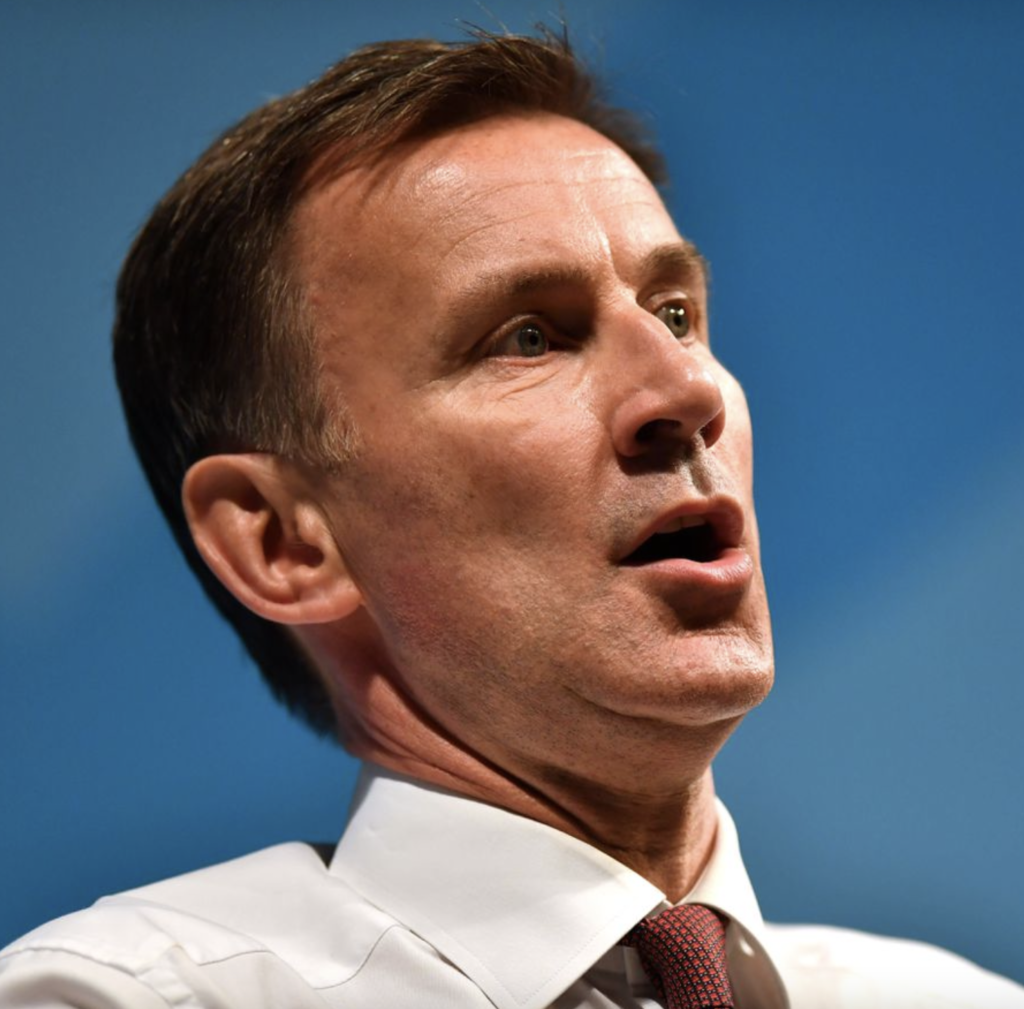
Jeremy Hunt & the official NHS maintenance backlog ERIC
Dangerous NHS maintenance backlogs grew significantly under the watch of Jeremy Hunt as Secretary of State for Health and Social Care and now - according to the latest NHS Digital ERIC (“Estates Returns Information Collection”) covering the period 2021/22 – this particular health service black hole stands at £10.2bn.
Indeed, ERIC has more than doubled since 2011/12 when Jeremy Hunt first became Secretary of State for Health and Social Care. Then it stood at £4.7bn. Looked at over just the last four NHS accounting years (the periods from 2018/19 to 2021/22) since Jeremy Hunt left the NHS, the maintenance backlog has increased fifty-six per cent (56%) from £6.5bn to £10.2bn.
With £1.8bn (17.65%) of this NHS maintenance defined as “high risk” – aka existing urgent replacement or repairs needed to avoid serious injury, catastrophic failure, disruption of clinical services or prosecution – reduced central government funding provision for maintenance and repairs under Jeremy Hunt as Chancellor of the Exchequer is a return to a scene of the crime as well as ill-advised and unwelcome.
The NHS maintenance backlog has grown through neglect for well over a decade and I have written about it here. To re-state the obvious, backlog maintenance is measure of how much would need to be invested to restore a building to a certain state based on a state of assessed risk criteria. It does not include planned maintenance work so is – really - work that should already have taken place.
Research and exclusive confidential interviews originally conducted for my book Independent Director in Society highlighted that – amongst other things - NHS boards play way too much of a monitoring and compliance role. Sadly, this means that the much needed transformational leadership at the NHS Trust and NHS Board level has had to take a back seat or has been almost completely ignored.
Our original research - supported by the NHS Providers, NHS Confederation and NHS Improvements – found twenty per cent (20%) of NHS Boards believe it is impossible to deliver against NHS mandate while an incredible ninety per cent (90%) note lack of resources to cope with day to day pressures. In this context, news that the government plans – across a wide range of government departments as announced by Jeremy Hunt this afternoon - to reduce NHS budgets is clearly unacceptable. It is already well-known that – even prior to the impacts of the pandemic - NHS organisations and their boards continue to face tremendous pressure on resources and a regulatory exhaustion; whilst simultaneously being asked to operate significant transformations on how they operate.
But what, if anything, in the context of these new budget funding cuts is to be done? One of the proposals arising from our extensive research was to review, simplify and harmonise the plethora of sector regulation into a clear framework that is less onerous on board time to create greater autonomy and discretion at NHS Trust/Foundation Trust board level to make the context-relevant decisions – such as addressing the £10.2bn ERIC, for example - within that framework.
More broadly, we proposed that there is an urgent need to clarify and re-calibrate the role of NHS boards giving a much greater emphasis on their strategic and stewardship roles – creating the mandate and the conditions for boards to enable strategic change and play a much greater role in seeing through strategic dilemmas, difficult situations – again such as ERIC shortcomings/shortfalls - and implementation issues.
Photo credit: Express and Star
